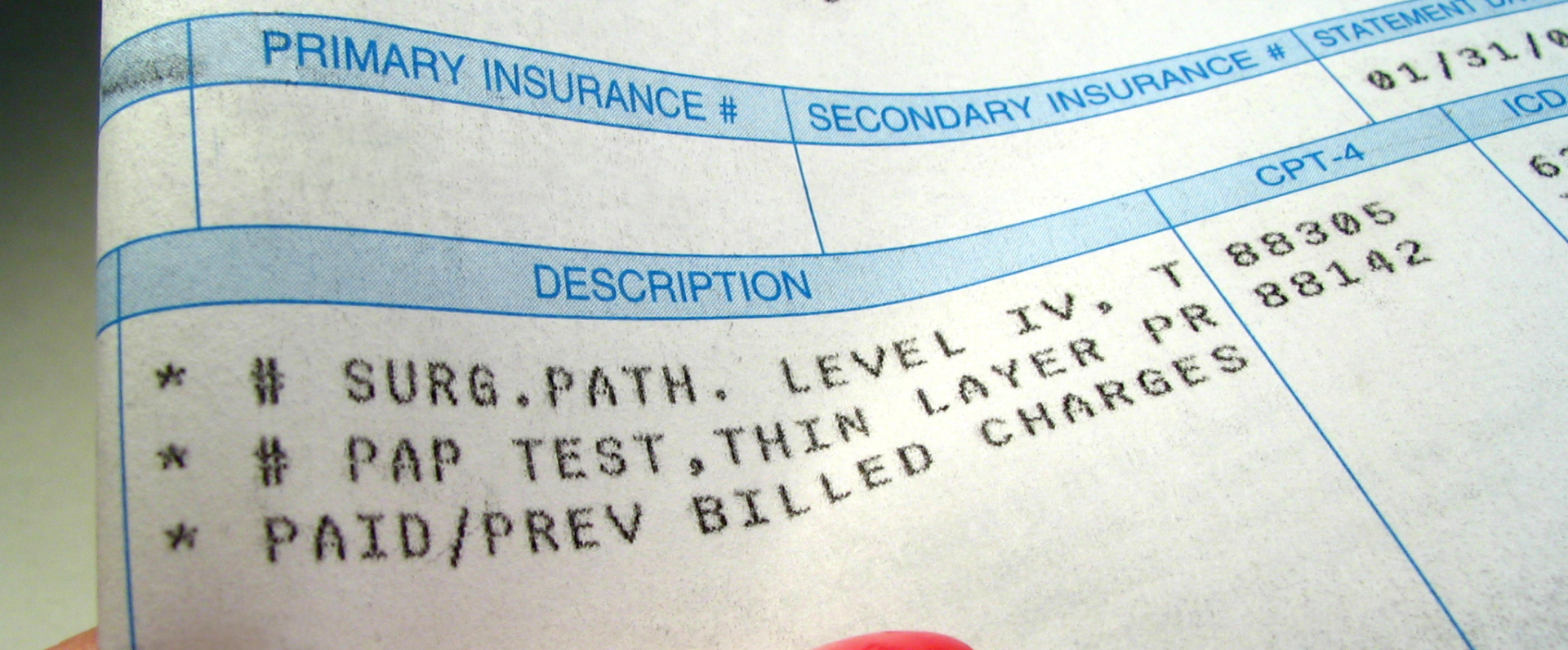By Teresa Johnson
•
October 22, 2025
"Every patient deserves attention, and every claim deserves accuracy. When billing works, care thrives." Mental health care is more than appointments and therapy sessions. It is the small victories, the breakthroughs, and the trust built between provider and patient. Yet behind these transformative moments, there is a system that can silently make or break a practice: billing. For many mental health providers in Minnesota, administrative work competes with patient care, and one missed claim or delayed reimbursement can ripple across a practice. This is where Billing Buddies enters the picture. Unlike general billing companies, they specialize in mental health billing in Minnesota and understand the unique rhythm of a provider’s day. They know that a psychologist’s focus is on empathy and insight, not paperwork. They know that therapists need to invest energy in sessions, not chase claims. The Hidden Complexity of Mental Health Billing At first glance, billing might seem straightforward: record a session, submit a claim, receive payment. But mental health billing is far more nuanced. Insurance requirements are often inconsistent, and telehealth or group sessions add layers of complexity. Each claim must reflect not just the service provided, but the context, duration, and any special conditions. Even small errors can lead to claim denials, delayed payments, and administrative headaches. For example, a provider may spend weeks building a patient’s care plan, only to have a claim denied because a session code didn’t match the insurer’s latest policy. The stress of handling denials, appeals, and resubmissions can distract from patient care and reduce staff morale. Billing Buddies solves this by managing every step of the process, ensuring accuracy, consistency, and compliance. Why Minnesota Practices Need Specialized Support? Minnesota has a growing demand for mental health services. Providers are seeing more patients and offering more specialized treatments, from intensive therapy to telepsychiatry. As practices expand, so does the complexity of billing. A small administrative team can quickly become overwhelmed. Without a structured system, revenue leaks occur unnoticed, appointments may be delayed, and patient satisfaction can drop. Billing Buddies fills this gap. They are not just a service, they are a partner. They analyze each practice’s workflow, anticipate billing obstacles, and implement solutions that prevent lost revenue. Providers gain clarity and control over their finances while maintaining focus on patients. From Confusion to Clarity One of the most significant benefits of working with a mental health billing partner is clarity. Providers no longer have to wonder if a claim has been submitted correctly, if payments are missing, or if a patient balance is accurate. Billing Buddies provides transparent reporting that shows exactly where each claim stands. Staff can plan schedules without worrying about financial bottlenecks, and patients experience smooth, predictable billing interactions. Beyond claims, Billing Buddies helps providers stay ahead of regulations and insurance updates. Mental health policies change frequently, especially around telehealth, group sessions, and new treatment codes. Keeping up requires constant monitoring, something that can overwhelm busy practices. By outsourcing this responsibility, Minnesota providers gain peace of mind and ensure compliance without dedicating their own time to research. Stories Behind the Numbers The real impact of billing extends beyond dollars and cents. Consider a therapist who spent years building a loyal patient base. A delayed claim could mean postponing new sessions or limiting care for patients who rely on continuous support. Or think of a small practice where one misfiled insurance form creates weeks of back-and-forth communication, taking staff away from scheduling, patient follow-ups, or phone consultations. Billing Buddies eliminates these disruptions. By handling claims efficiently, resolving denials quickly, and keeping patient accounts accurate, they allow providers to focus on what matters. Practices grow sustainably, patients feel secure, and staff can dedicate their energy to service rather than chasing paperwork. Innovation in Billing Processes What sets Billing Buddies apart is the way they approach billing as an evolving, strategic process rather than a simple administrative task. They integrate with practice management systems, streamline payment posting, and identify trends that can inform financial planning. This proactive approach ensures that issues are caught before they become problems and revenue flows steadily. Minnesota providers also benefit from their specialized understanding of mental health reimbursement. Billing Buddies can handle complex cases such as multi-session treatment plans, combined therapy approaches, and telehealth coverage disputes. The team’s expertise allows practices to maximize revenue without sacrificing compliance or accuracy. Mental Health Billing Trends to Watch The mental health field is constantly evolving. Telehealth, insurance policy updates, and value-based care models are reshaping how claims are filed and reimbursed. Billing Buddies keeps providers ahead of these changes, ensuring that claims meet current requirements and that practices are positioned for growth. Telehealth, in particular, has become a major component of care in Minnesota. While convenient for patients, it introduces new billing challenges. Insurance rules for remote sessions can differ from in-person therapy, requiring careful documentation. Billing Buddies navigates these nuances, giving providers confidence that their telehealth services are reimbursed accurately. Starting Your Partnership Transitioning to a dedicated mental health billing partner is simpler than many practices expect. Billing Buddies begins with a consultation to understand the practice’s workflow, challenges, and goals. From there, they create a tailored plan to manage claims, track payments, and optimize revenue. Transparency is maintained throughout, with detailed reporting and ongoing communication. Providers quickly notice the difference. Administrative stress decreases, cash flow stabilizes, and patients benefit from smoother billing experiences. Over time, practices can expand services, see more patients, and invest in staff development or facility improvements—all while maintaining focus on care. Keep Care at the Center Mental health billing is more than paperwork. It is a critical part of maintaining a thriving practice and ensuring patients receive consistent, high-quality care. Billing Buddies empowers Minnesota providers to navigate this complexity with confidence. By managing claims efficiently, resolving denials promptly, and providing clear reporting, they allow practices to focus on patients, not paperwork. Take control of your practice’s financial health today and see the impact of expert support. Reach out to Billing Buddies and learn how they can help your mental health practice grow with confidence at Medical Billing Agency Minnesota . Frequently Asked Questions (FAQs) Can Billing Buddies handle all types of mental health services? Yes. They manage therapy sessions, psychiatric evaluations, group sessions, and telehealth visits. Will outsourcing billing affect patient care? No. Providers can focus entirely on patients while Billing Buddies ensures accurate claims and payments. How are claim denials managed? Each denial is reviewed, corrected, and resubmitted quickly. The team also identifies recurring issues to prevent future problems. Are small practices supported effectively? Absolutely. Even solo practices or small teams benefit from accurate claims, timely reimbursements, and administrative relief. Is compliance maintained with Minnesota regulations? Yes. All billing is conducted in accordance with current insurance policies and state regulations. How do I track claims and payments? Detailed reports provide full visibility into claims, outstanding balances, and revenue trends.




